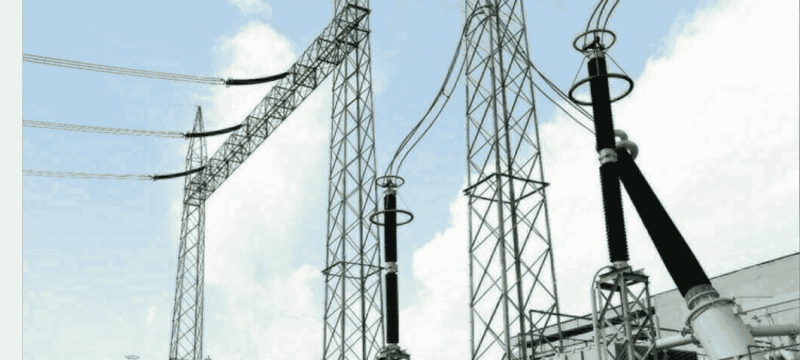The National Electric Power Regulatory Authority (NEPRA) has revised its tariff classification for cold storage facilities, placing units involved in processing, value addition, or long-term preservation under industrial tariff. Facilities used only for short-term retail storage will continue under commercial tariff.
NEPRA directed all distribution companies, including K-Electric, to apply the industrial tariff to cold storages serving agriculture, food processing, pharmaceuticals, and other sectors where goods undergo significant transformation. Cold storages handling short-term storage for retail or distribution without added processing will remain on commercial rates.
Earlier, NEPRA had classified most cold storage facilities as commercial units, citing their role in storing fruits, vegetables, dairy, and meat in original form without transformation. Petitioners challenged this, highlighting that modern cold storages perform industrial functions, support downstream processing, and contribute to exports, economic growth, and employment.
During hearings, petitioners emphasized international precedents, significant capital investments, and advanced technology used in cold storage facilities. They argued these facilities ensure product quality, extend shelf life, and maintain continuity in supply chains. NEPRA acknowledged these points, noting that industrial cold storages directly support production and value addition in multiple sectors.
Despite confirming industry status for warehousing and cold storage in tax and incentive frameworks, NEPRA stressed that tariff eligibility depends on electricity use and functional role. Applying industrial tariffs to all cold storages indiscriminately could increase costs for other consumers or require government subsidies, impacting the power sector’s sustainability.
NEPRA’s revised directive is effective immediately and applies to all XWDISCOs, including K-Electric. Member Law NEPRA, Amina Ahmed, noted concerns about ambiguity in terms such as “long-term preservation” and “without significant value addition,” which may leave distribution companies to interpret tariffs inconsistently.
The Authority concluded that tariff classification must reflect the functional role of cold storages, distinguishing industrial operations from commercial storage. While the decision addresses prior concerns, clarity is still needed to ensure consistent application across all distribution companies.
In other news read more about: NEPRA Plans to Double Licensing Fees







